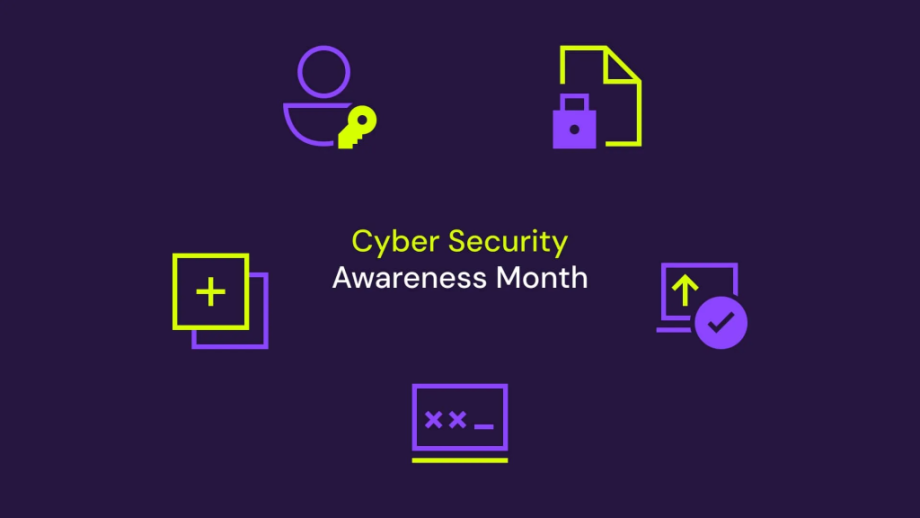October is globally recognised as Cyber Security Awareness Month, making it the perfect time for businesses in Cambridge and Cambridgeshire to evaluate the security of their digital assets. As cyber threats continue to evolve, Granite 5 emphasises the critical importance of keeping your website secure to protect sensitive data and maintain customer trust.
Why Cyber Security Matters for Websites
- Protect Customer Data: Safeguard sensitive, personally identifiable information from hackers.
- Prevent Downtime: Avoid disruptions caused by cyber-attacks that can affect sales and productivity.
- Maintain Brand Trust: A secure website fosters customer confidence and builds long-term loyalty.
Common Website Security Threats
- Malware: Malicious software that can damage systems or steal data.
- DDoS Attacks: Overwhelming your server with traffic to crash your site.
- SQL Injection: Inserting malicious code to access sensitive information.
- Phishing and Social Engineering: Tricks users into revealing confidential data through fraudulent means.
Essential Tips for Securing Your Website
-
Use HTTPS Encryption
- Install an SSL certificate to encrypt connections and enhance SEO rankings.
- Regularly monitor your SSL certificate to prevent expiration.
-
Keep Software Updated
- Regularly update your CMS, plugins, and themes to patch vulnerabilities.
- Use well-maintained plugins that receive frequent updates.
-
Use Strong Passwords and Multi-Factor Authentication (MFA)
- Implement complex passwords using a password manager.
- Enable MFA for all logins to add an extra layer of security.
-
Regular Backups
- Set up automated backups to quickly restore your site if compromised.
- Store backups in multiple secure locations.
-
Limit User Access
- Review user roles and permissions regularly.
- Apply the principle of least privilege to minimize risk.
Educating Your Team and Customers
-
For Your Team:
- Conduct regular training on phishing recognition and secure password practices.
- Establish a clear cyber security policy outlining everyone's responsibilities.
-
For Your Customers:
- Update your website with tips on protecting personal data.
- Encourage the use of strong passwords and consider adding two-step authentication.
Tools and Resources
- Web Application Firewalls (WAF): Filter out malicious traffic to protect against common threats.
- Security Plugins: Utilize tools like Wordfence or Sucuri for additional protection.
- Vulnerability Scanners: Use services like SiteLock or Qualys to identify and fix weak points.
Final Thoughts: Security is a Continuous Process
Staying ahead of cyber threats requires ongoing effort. Regularly review and update your security measures, stay informed about the latest threats, and invest in tools and training.
Need Help Securing Your Website?
Granite5 specialises in helping businesses build, maintain, and protect their digital presence. If you'd like to review your website's security or need advice on best practices, get in touch with our team.
For a deeper dive into website security, read the full article on protecting your website and customers.



